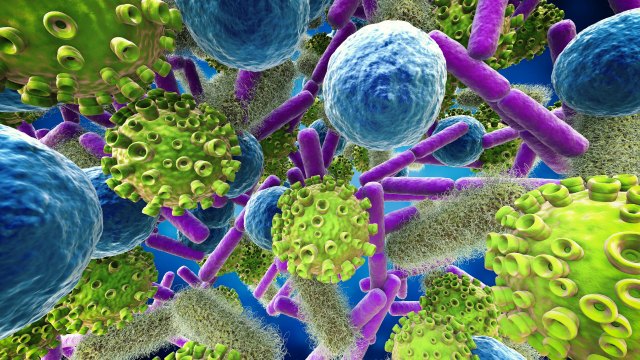 ISTOCK, PHONLAMAIPHOTOThe debate about childhood vaccination is intriguing for many reasons, but one aspect that stands out is the fact that more and more parents refuse to have their children vaccinated despite a strong scientific consensus on the benefits and the safety of vaccines.
ISTOCK, PHONLAMAIPHOTOThe debate about childhood vaccination is intriguing for many reasons, but one aspect that stands out is the fact that more and more parents refuse to have their children vaccinated despite a strong scientific consensus on the benefits and the safety of vaccines.
One factor that drives this refusal is a preference for alternative medicine and a holistic lifestyle (a recent survey found that up to 20 percent of anti-vaccination websites refer to alternative medicine, healthy eating, and similar lifestyle norms when making their arguments). Part of such a holistic view is usually a picture of the immune system as an integrated system that is naturally balanced and easily disturbed by human interference.
What is interesting about this view is that recent developments in the life sciences, in particular, research on the microbiome, seem to support it. We now know that our immune system depends on interactions with a whole range of other organisms to function properly. Anti-vaccination activists have picked up on these developments, claiming, for instance, ...






















